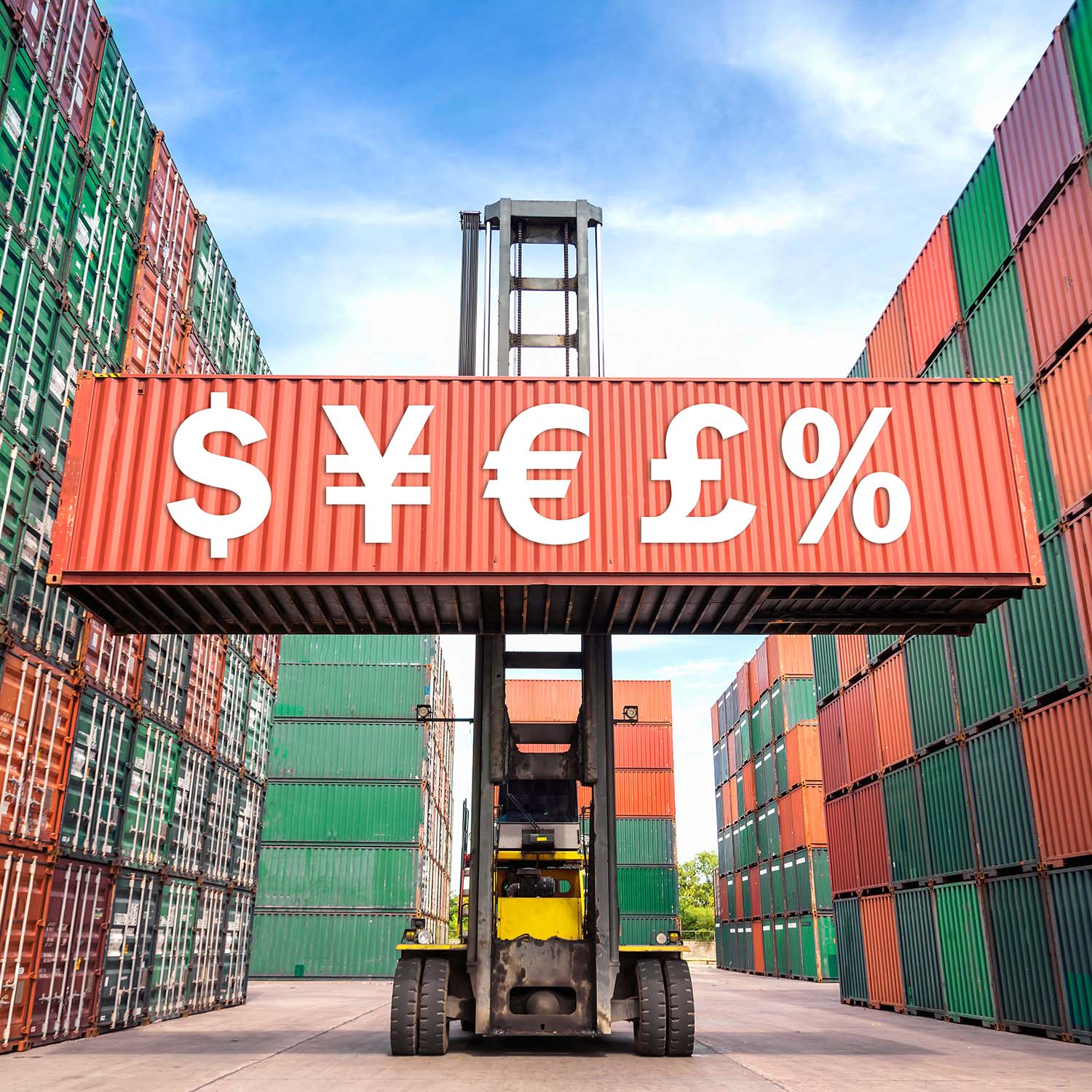Import: Duties and Taxes
Due to Brexit, the information contained in this article may not be accurate. As more information becomes available, this content will be updated.
Customs Duties
Rates of duty differ based on the type of product being imported. It is the responsibility of the importer to state the classification and valuation of the goods being presented for import. Customs duty is assessed on the fair market value of imported goods at the time they are landed in the United Kingdom (UK). Import costs for products entering the UK generally consist of cost, insurance, and freight (CIF) as well as duty. The commercial invoice value is usually accepted as the normal price, but if a preferential arrangement has been established between the overseas supplier and the importer, or an unrealistic value has been declared, Her Majesty’s Revenue and Customs (HMRC) reserves the right to assess a fair market value for duty purposes. The duty is payable at the time the goods are imported, but established importers can defer payment for, on average, 30 days.
The UK's Trade Tariff Tool (www.gov.uk/guidance/finding-commodity-codes-for-imports-or-exports#use-the-trade-tariff-tool) classifies goods so the correct customs duty and VAT is applied. It provides details about products such as their commodity code, type, purpose, the materials used to make them, production methods used to make them, and way they are packaged. Alternatively, traders can search the UK's A–Z of Classified Goods or Northern Ireland's A–Z of Classified Goods. (See Tariff Classification for more information).
Integrated Online Tariff
The Integrated Online Tariff helps traders find the following information:
- Commodity codes for imports into or exports out of the UK
- Taxes and duties that apply to those imports
- Certificates and licenses that apply to the import of goods
The UK Integrated Online Tariff is available at www.trade-tariff.service.gov.uk/find_commodity. The Northern Ireland Integrated Online Tariff is available at www.trade-tariff.service.gov.uk/xi/find_commodity.
Value-Added Tax (VAT)
The standard rate of value-added tax (VAT) in the UK is 20 percent. A few specific goods and services are taxed at a reduced rate of 5 percent, such as children’s car seats and home energy. VAT is further reduced to 0 percent for certain goods such as food and children’s clothing. All taxes are applied on the CIF value plus the duty charged.
Excise Tax
In addition to customs duties on imported goods, an excise tax is levied on in-country sales of alcohol, tobacco, and road vehicles, and on sales of oil and petroleum products.
Additional Duties
Countervailing
Countervailing duties are levied to counter the effects of subsidies provided by a foreign government for merchandise exported to the United Kingdom. These foreign duties result in artificially low prices that can be detrimental to the UK.
Antidumping Duties
An antidumping duty is a form of additional duty that the importer may be required to pay when importing goods for which the prices have been dumped (i.e., goods that entail a lower price when they are exported than they would have fetched on the domestic market).
Watch Duty Rate
Watches imported into the United Kingdom are subject to classification and duty assessment based on a per-item basis. The actual duty and the final rate of duty are determined based on the classification of the watch at the time of entry processing with customs.
Note: The above information is subject to change. Importers are advised to obtain the most current information from a customs broker, freight forwarder, or the local customs authorities.
Sources: Her Majesty’s Revenue and Customs or HMRC (www.gov.uk/government/organisations/hm-revenue-customs/services-information)
Article written for World Trade Press by Brielle Burt, Jennifer Goheen, and Nina Bellucci.
Copyright © 1993—2024 World Trade Press. All rights reserved.

 United Kingdom
United Kingdom 